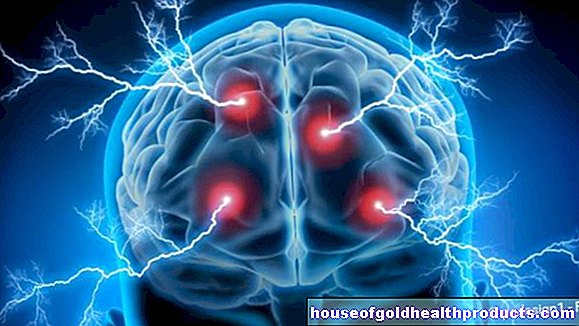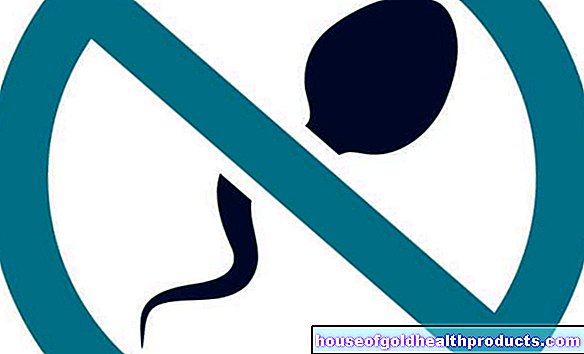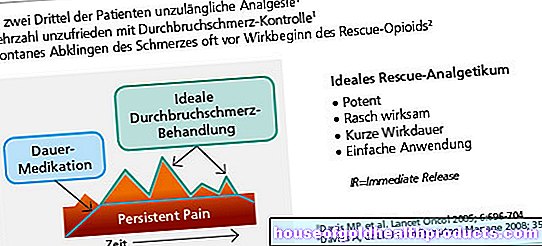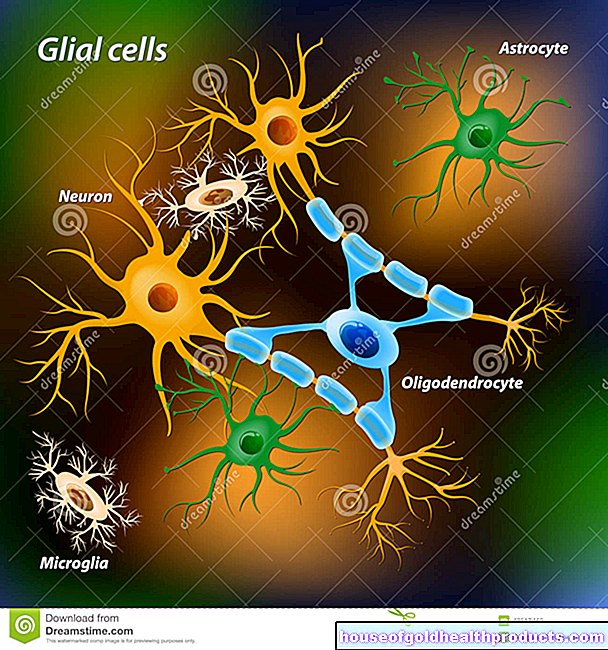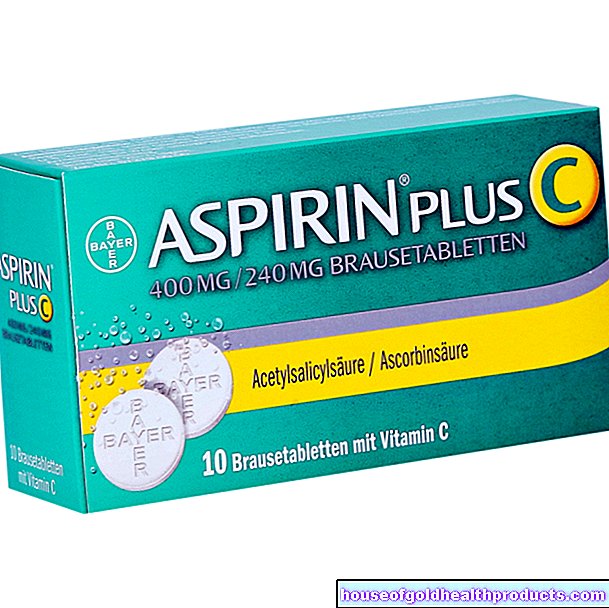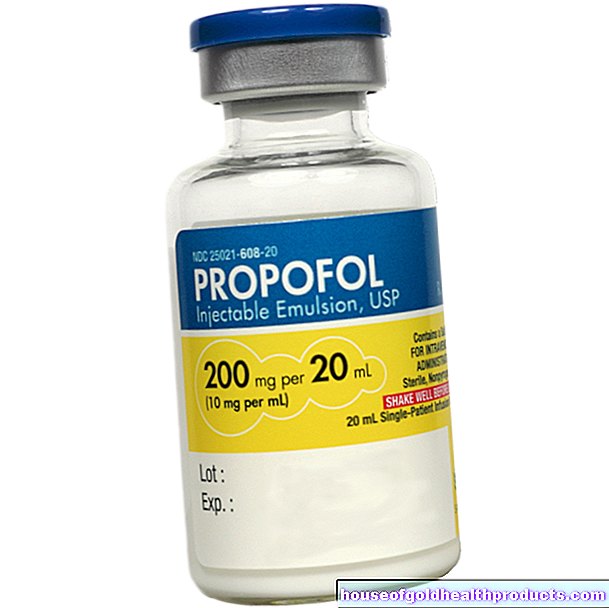Bisoprolol
Updated onBenjamin Clanner-Engelshofen is a freelance writer in the medical department. He studied biochemistry and pharmacy in Munich and Cambridge / Boston (USA) and noticed early on that he particularly enjoyed the interface between medicine and science. That is why he went on to study human medicine.
More about the experts All content is checked by medical journalists.Bisoprolol belongs to the group of beta blockers. These active ingredients reduce the effect of the hormone adrenaline on the human heart and are therefore suitable for the treatment of cardiovascular diseases such as high blood pressure, palpitations, heart failure and congestion. They are also used for some forms of irregular heartbeat. Everything you need to know about the effects of bisoprolol, side effects and instructions for use is summarized below.
This is how bisoprolol works
Bisoprolol is a drug from the group of beta blockers. By blocking certain binding sites for messenger substances (beta receptors), it lowers blood pressure, lowers the heart rate (negative chronotropic), reduces the transmission of electrical signals in the heart (negative dromotropic) and reduces the contractility of the heart (negative inotropic).
In this way, the heart is relieved of its work and uses less oxygen and energy. People with cardiovascular diseases benefit from this.
Cardioselective effect
Beta receptors are found in various tissues and organs. However, bisoprolol mainly blocks the beta receptors in the heart (cardioselective effect).
The hormone adrenaline and the neurotransmitter noradrenaline normally dock to this, which increases cardiac activity: the pumping power of the heart muscle and the heart rate increase, the stimulus threshold in the heart decreases. Overall, this increases the heart's pumping capacity and blood pressure.
But when bisoprolol occupies the beta receptors in the heart, the messenger substances can no longer dock and develop their effect. This economizes the entire work of the heart and thus relieves the heart muscle.
When is bisoprolol used?
The active ingredient bisoprolol is used in cardiovascular diseases. Above all, this includes:
- High blood pressure (arterial hypertension)
- Tightness of the heart (angina pectoris) in coronary heart disease (CHD)
- Racing heart (tachycardia, including tachycardiac arrhythmias)
- Chronic heart failure (heart failure)
The beta blocker is also used for migraines, hyperthyroidism and preventive (preventive) bleeding from esophageal varices (esophageal varices), without this having been approved ("off-label use").
This is how bisoprolol is used
Bisoprolol is usually taken in salt form (as bisoprolol fumarate), namely as a tablet or film-coated tablet. It is usually taken once a day in the morning without a meal.
Bisoprolol is available both as a single preparation and as a combination preparation with a diuretic. Many heart patients suffer from water retention in the body (edema), which can be flushed out with the help of diuretics.
The doctor individually determines the dosage of the beta blocker that is most beneficial in each individual case. The most important factors are the type and severity of the disease. It is started with a low starting dose, which is then slowly increased to the target dose set by the doctor ("creeping in" therapy).
If you want to stop bisoprolol, the active ingredient should also be slowly reduced by the doctor ("tapering off" the therapy). Abrupt withdrawal can trigger dangerous blood pressure peaks ("rebound effect").
What are the side effects of bisoprolol?
The most common side effects are circulatory problems, headache, drop in blood pressure and a very slow heartbeat (bradycardia). Bisoprolol can also cause irregular heartbeat, dizziness, new or worsening psoriasis, spasms of the airways muscles (bronchospasm) and sleep disorders.
In rare cases, bisoprolol causes hallucinations, mood swings, and erectile dysfunction. With existing vascular diseases, the application can cause numbness and a feeling of cold in the arms and legs. In patients with diabetes mellitus, the drug can mask a low blood sugar level (hypoglycaemia).
When should you not take bisoprolol?
Contraindications
The use of bisoprolol is contraindicated in severe bronchial asthma, severe obstructive pulmonary disease (COPD), all slow forms of cardiac arrhythmias, low blood pressure, advanced vascular diseases and acidosis of the blood.
Interactions
The antihypertensive effects of bisoprolol may be increased in patients treated with monoamine oxidase (MAO) inhibitors (e.g. for depression). The same can happen if the patient uses other drugs that affect blood pressure (e.g. ACE inhibitors, sartans, calcium channel blockers).
Caution is also advised in combination with drugs that also have an effect on the heart rhythm and heart rate. These include antiarrhythmics (e.g. amiodarone, flecainide, propafenone), cardiac glycosides (e.g. digoxin, digitoxin) and mefloquine (antimalarial agents).
Painkillers from the group of non-steroidal anti-inflammatory drugs (NSAID), sympathomimetics (e.g. isoprenaline, dobutamine) and rifampicin (an antibiotic) can weaken the effect of bisoprolol.
Alcohol can increase the antihypertensive effects of bisoprolol.
Age restriction
Due to a lack of data, the use of bisoprolol in children and adolescents under 18 years of age is not recommended.
pregnancy and breast feeding period
If beta-blocker treatment is necessary during pregnancy, metoprolol and not bisoprolol are the first choice. This is because bisoprolol can affect the blood flow to the placenta and the development of the fetus. Before using it in pregnant women, the attending physician should carefully weigh the benefits and risks of the treatment against each other. If he actually prescribes bisoprolol for the expectant mother, the blood flow to the uterus and placenta must be carefully monitored.
It is not known whether bisoprolol is excreted in breast milk. In a case report, no bisoprolol could be detected in breast milk after short-term use. However, if beta-blocker treatment is absolutely necessary during breastfeeding, preference should be given to metoprolol.
How to get bisoprolol medication
Medicines containing bisoprolol require a prescription in Germany, Austria and Switzerland and can only be purchased in pharmacies upon presentation of a doctor's prescription.
More interesting facts about bisoprolol
Beta blockers like bisoprolol have a calming effect on the cardiovascular system, reduce muscle tremors and reduce nervousness and anxiety. For this reason, they are banned in certain sports and are on the doping list. These include shooting sports, darts, golf, billiards, ski jumping and archery.
Tags: Diseases anatomy sex partnership




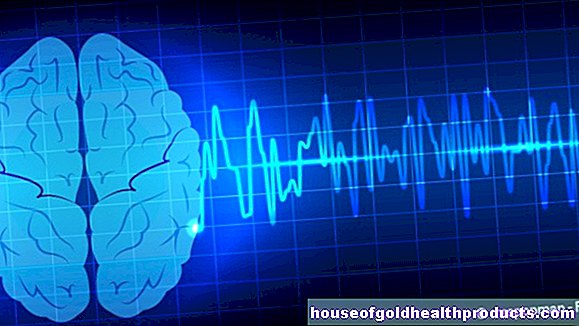
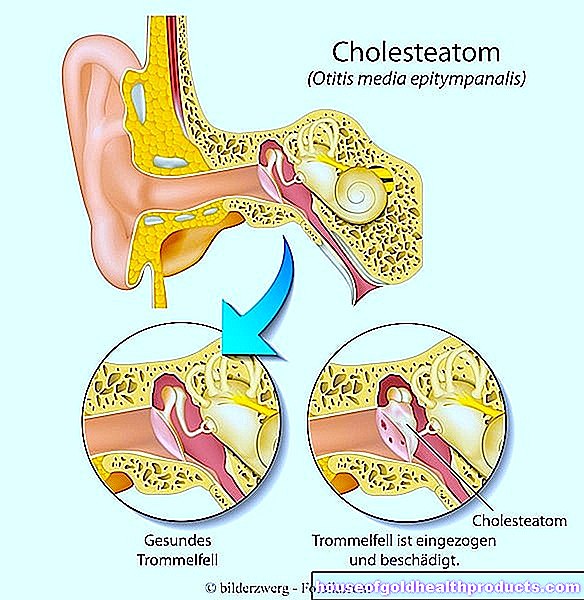
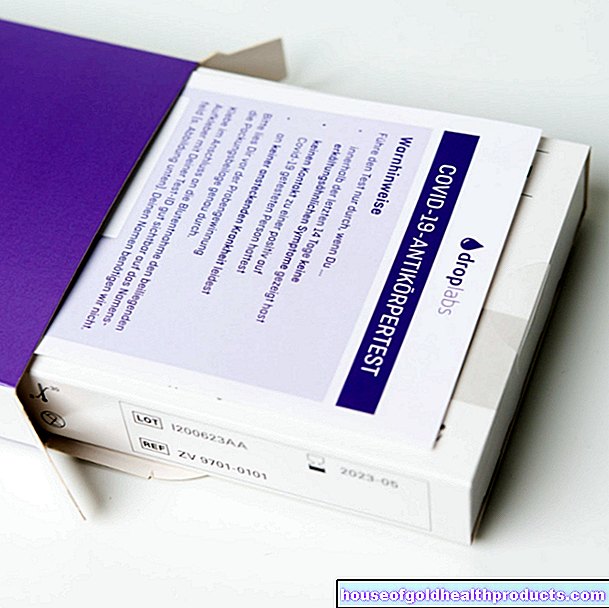

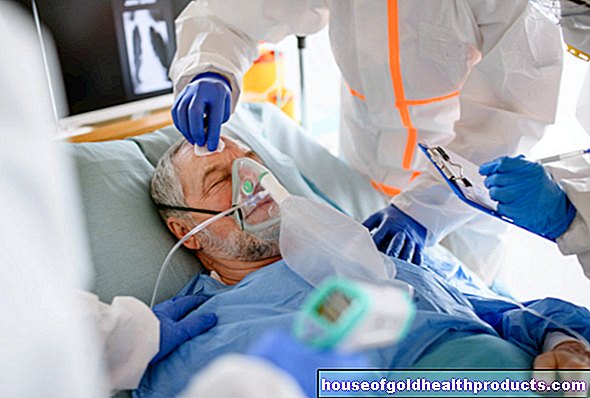

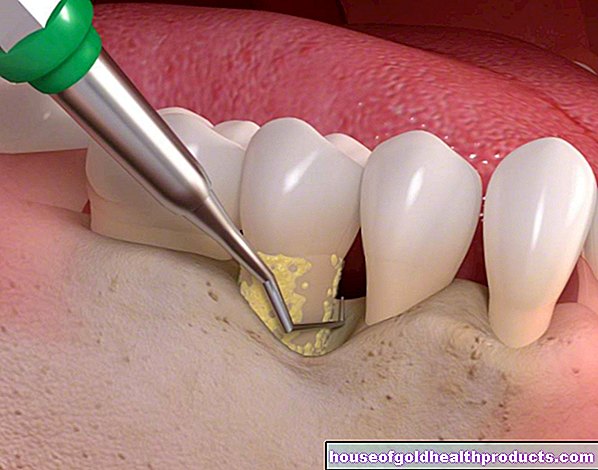




.jpg)




